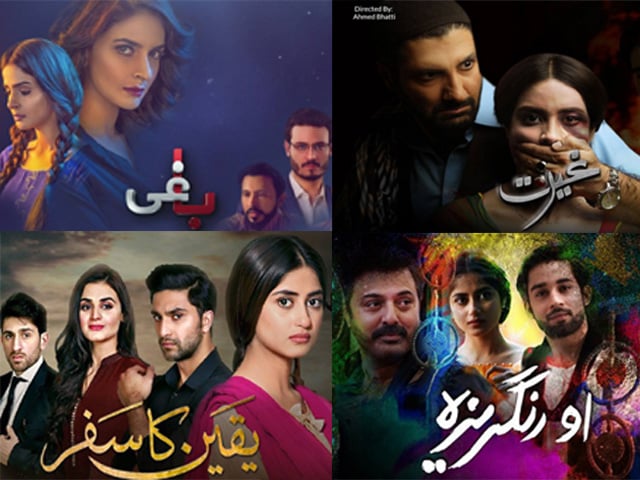
A female taxi driver? Beysharam!
Male passengers send her death threats, abuse her, and tell her that what she is doing is against Islam.
Do you remember the first time you drove? The very first time? When you had the ability to control a vehicle, the possibility of understanding the gears and the speeds and the various knobs and buttons that propel a collection of steel and bolts, and transport you from one place to another?
I remember that well – it gave me a sense of independence. It gave me the feeling of having control.
But that’s me. I was privileged enough to learn how to drive, not because I had mouths to feed. No one stopped me from driving, no one told me I couldn’t do it, no one told me I would be put behind bars or I would be a social pariah if I sat behind the steering wheel and drove from one place to another.
There are many women in Pakistan and across the globe who drive and travel as they wish and as they please. It’s not even a question or an issue in so many households. It’s as natural and as simple as eating your meal or meeting friends and family. To me, driving is an empowering, relaxing experience (even though I do all the chores such as picking/dropping and the likes myself).
But there are many women in the world, and in Pakistan, who do not enjoy the same privilege; these are women who have to struggle against death threats and fatwas and social chastisement just because they want to enjoy basic rights.
There are regressive regimes such as Saudi Arabia which stop women from driving altogether and the mind boggles at the idea of such a law existing in modern day world where women are climbing mountains, piloting planes and winning sports trophies.
Then there are regimes such as Afghanistan, where women like Sara Bahai get death threats for being the only female taxi driver. Sara has a degree in education and is also a mechanic. But she drives a cab out of necessity – she needs to feed and support her parents and siblings. Taliban insurgents shot and killed her brother-in-law, so she took in her sister and seven nieces and nephews. Including them, she supports about a dozen people as she drives around Mazar-e-Sharif in her yellow and white Toyota Corolla.
Male passengers send her death threats, abuse her, and tell her that what she is doing is against Islam. She continues to do what she does anyway. One is reminded of the verse that refers to such custodians of religion:
“Bohat bey-sharm hay ye maa jo mazdoori ko nikli hai
Ye bacha bhook aik din nahee sehta, ye kafir hai!”
(This mother, so brazen, goes out to earn a living!
This child cannot bear hunger for a day! He is an infidel!)
In Pakistan, women face many such taboos as well. I am reminded of the woman who taught me how to drive. She ran a small ramshackle office and drove a shuddery white Mehran and told me a similar life story. She went into the teaching driving business because she had no other choice. Her husband died when her children were young and she had to learn a skill that could pay and sustain her family. During the time when I drove around Karachi with her, her confidence and attitude amazed me. She shifted between sternness and affection within minutes.
When a bus driver or rickshaw driver maniacally crossed our car, she reprimanded me if I got freaked out. She told me it was as much as my right to be on the road as theirs. She spent her entire day picking and dropping and teaching clients (mostly female) how to drive – her sessions cost about Rs10,000 (around $100) and she told me how she put her kids through school and college and managed to give them a good and decent life by working hard and surviving the pressure of being a woman in what can only be called a man’s world.
It wasn’t an easy road for Zahida Kazmi either, the first female taxi driver in Pakistan. In 1992, her husband passed away, leaving her with six children to support. Through the government’s scheme at the time, Zahida got a yellow cab on easy instalments and drove to Islamabad airport every day to pick up passengers. It was an honest business but because she was a woman earning a living in a thoroughly patriarchal society, it was in no way as simple for her as it would have been for a man. She initially kept a gun with her for her own protection.
As time passed Zahida became the president of the Yellow Cab Association and she offered to teach young women how to drive. But there was little interest.
Small wonder why.
These women come to the forefront out of adversity. They wouldn’t have, if they hadn’t the need. They had no choice. It opens a plethora of questions for all of us who enjoy these privileges, without even thinking twice about them.
There are women out there who secretly wish and fantasise about a life where they are treated as equal citizens, where learning skills doesn’t come as a privilege. There are women out there who strive day in and day out, fighting stereotypes, fighting abuses, and a million other kinds of hostile behaviours just because they have to make ends meet. And their only wish is to have the same opportunities as any other man in the world.




COMMENTS (6)
Comments are moderated and generally will be posted if they are on-topic and not abusive.
For more information, please see our Comments FAQ